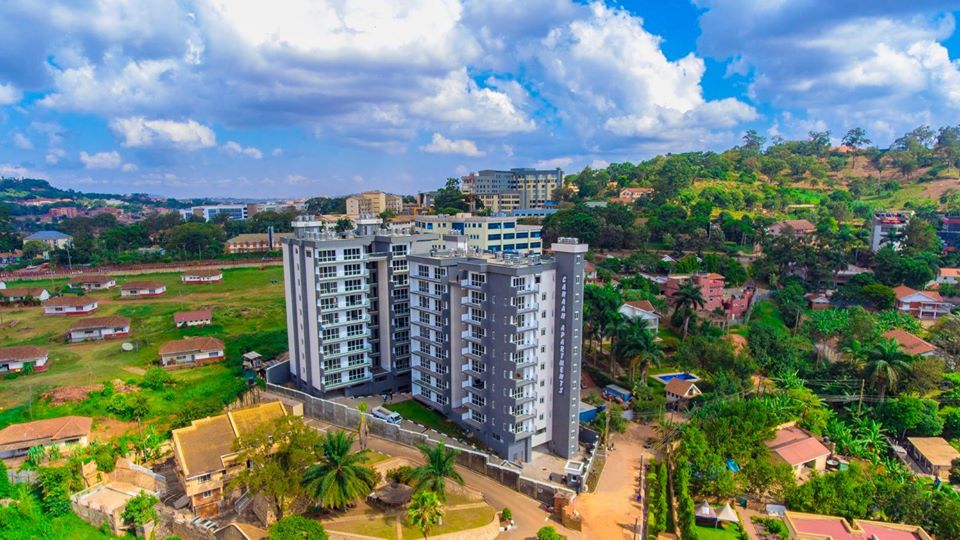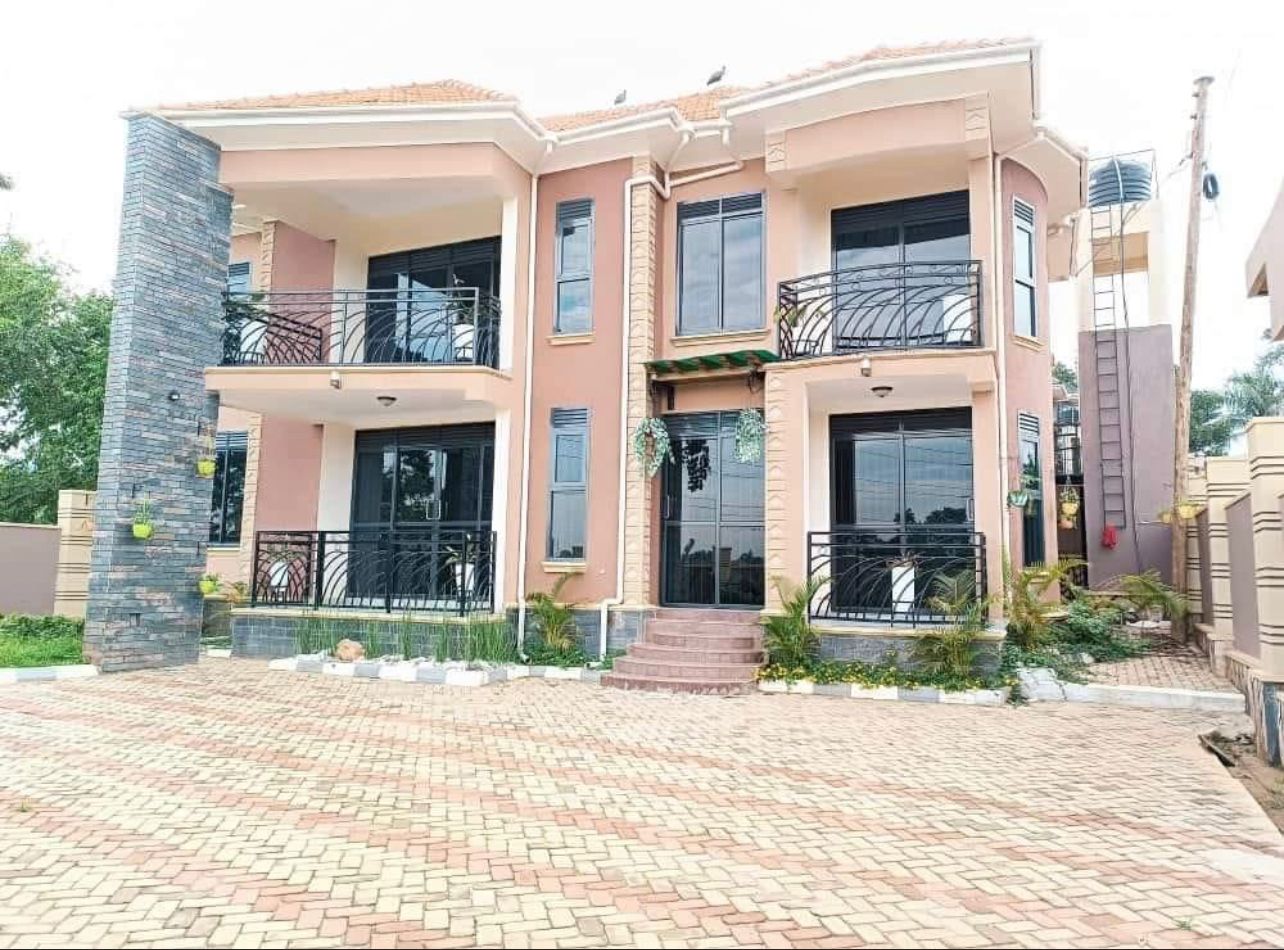Last October, a group of diaspora condominium owners brought serious issues to the attention of the Inspector General of Government (IGG). They reported problems such as collapsed roofs, water leaks through walls, poor ventilation, and defects in plumbing and electrical systems.
The homeowners, represented by real estate lawyer Deo Kalikumutima of Kalikumutima and Co. Advocates, expressed frustration with some regulators who, they claimed, neglected their duties after being influenced by developers. The petition highlighted concerns about the lack of oversight and the substandard quality of construction.
During a recent meeting, officials from various government bodies, including the Ministry of Lands, Housing and Urban Development, the Directorate of Housing, the Engineers Registration Board (ERB), the Architects’ Registration Board (ARB), the Uganda Building Review Board (UBRB), Citizenship and Immigration Control Board, and Kira municipality, were present.
In response to these allegations, IGG Beti Olive Kamya ordered an investigation. Additionally, the state minister for Housing, Persis Namuganza, pledged to address the issues. On August 13, 2024, Namuganza visited four condominium apartments in Najeera and Kungu villages, located in Kira municipality, Wakiso district. She was dismayed by the findings.
Namuganza described the situation as a severe case of corruption. She noted that the apartments were overcrowded, with poor workmanship, and reported that some areas, such as the children’s play area, were inadequately maintained and misused as dumping grounds. She expressed concern about the safety and quality of the buildings, which appeared to be deteriorating rapidly despite being relatively new.
Accompanied by engineers and architects from various government agencies, Namuganza promised to inspect more apartments across the country. She stated that her team would compile a report on the findings and that developers failing to comply with regulations would face license revocation.
Namuganza emphasized the importance of ensuring safety over merely addressing the housing shortage. She insisted that the focus should be on improving quality rather than compromising safety for profit.
Developers present at the meeting, however, shifted some of the blame onto the clients, accusing them of inadequate maintenance and attributing the defects to poor client care.
Lawyer Kalikumutima noted that property ownership rights, available to both Ugandans and non-Ugandans, are not absolute. Developers and regulators are expected to uphold their responsibilities and ensure compliance. He criticized some developers for investing more in marketing than in actual construction, leading to significant issues with structural integrity, plumbing, and electrical installations.
Kalikumutima urged developers to conduct thorough market analyses before investing. He recommended focusing on quality and learning from best practices in other countries. In today’s market, he emphasized the importance of a customer centric approach rather than being solely profit driven.
Building Regulations for Home and Commercial Property Construction in Uganda
Many people dream of building a perfect home or owning a commercial property for extra income. However, during challenging economic times, budgets often become tight. This can lead some individuals to hire unqualified workers, hoping to save money on skilled professionals such as civil engineers, electrical engineers, architects, and plumbers. Yet, this approach can result in significant risks and costs.
Engineer Joseph Acai, a senior investigations officer with the National Building Review Board (NBRB), emphasizes the importance of understanding building regulations. According to Acai, several laws govern the construction sector, including the Building Control Act of 2013, the Building Control Regulations 2020, and various building standards. These regulations set clear guidelines for developers and homeowners.
A critical requirement of these laws is the need to engage qualified professionals to design and oversee construction projects. These experts are responsible for ensuring that construction meets the required quality standards, which is essential for the safety and longevity of any building.
Furthermore, local authorities are mandated to have building committees to oversee construction activities. For instance, if you are building in Kira municipality, the Kira Municipal Council Building Committee will be in charge. This committee monitors building developments, issues permits, and ensures compliance with regulations.
According to Acai, engineers are tasked with testing building materials, such as concrete, to ensure they meet safety standards. The Kira building control officer is responsible for regular site inspections, particularly for Class A buildings, like apartment complexes. “We expect them to uphold the law and not issue certificates for non-compliant buildings,” Acai explains.
Real estate lawyer Deo Kalikumutima of Kalikumutima and Co. Advocates advises property owners to ensure their projects comply with relevant laws. Engaging a lawyer is crucial to avoid legal issues and protect your investment. “Don’t let ignorance of the laws result in financial loss. Consult a lawyer for guidance,” Kalikumutima advises.
A lawyer can help draft and review property sale agreements, conduct due diligence on property titles, facilitate property transfers, represent you in negotiations and dispute resolutions, and provide essential legal advice to protect your interests.




















